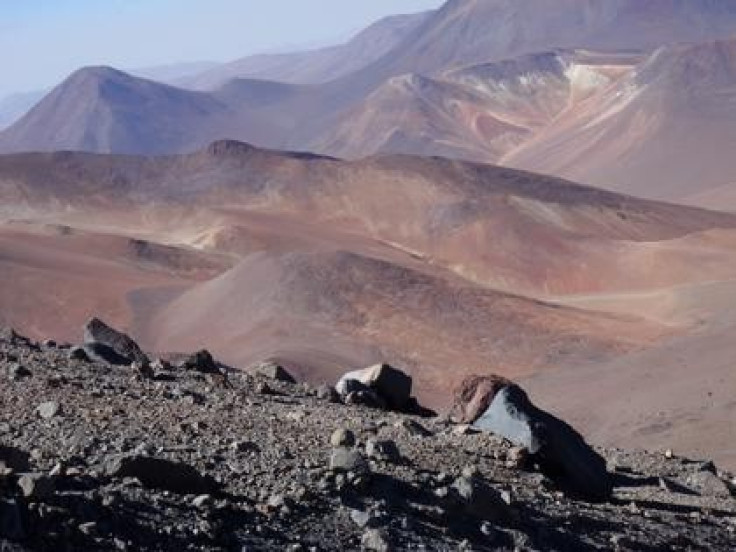Scientists Discover Strange Microbes That Can Grow Even In Extreme Environment

Scientists have discovered strange microbes that can grow in any extreme environment. Scientists from the University of Colorado Boulder have discovered that microbes such as bacteria, fungi and archaea have the capability to grow in extreme climate. They discovered this when they were analysing rocky soils on some volcanoes in South America.
"We haven't formally identified or characterised the species," said Ryan Lynch, scientist at the University of Colorado Boulder, in a statement. "But these are very different than anything else that has been cultured. Genetically, they're at least 5 percent different than anything else in the DNA database of 2.5 million sequences."
The study revealed that these microbes live in such environment, where in one night the temperature is extreme cold, less than 20 degrees, and the very next day the temperature spikes to 133 F.
To know how they can survive, scientists conducted a DNA analysis. They studied genes known to be involved in photosynthesis and peered into the cells using fluorescent techniques to look for chlorophyll. They could not find evidence that the microbes were photosynthetic.
How the newfound organisms survive under such circumstances remains a mystery.
They believe that these microbes could survive these conditions because the microbes slowly generate energy by means of chemical reactions that extract energy and carbon from wisps of gases such as carbon monoxide and dimethylsulfide that blow into the desolate mountain area. The process would not give the bugs a high-energy yield but it could be enough as it adds up over time.
According to the scientists, the growth on the mountain for microbes is irregular especially if soils only have water for a short time after snowfall. In those situations, there could be microbes that grow when it snows, then fall dormant, perhaps for years, before they grow again. High-elevation sites are great places to study simple microbial communities, ecosystems that have notb evolved past the very basics of a few bacteria and fungi.
"There are a lot of areas in the world that haven't been studied from a microbial perspective, and this is one of the main ones," said Steve Schmidt, professor at the University of Colorado Boulder. "We're interested in discovering new forms of life, and describing what those organisms are doing, how they make a living."
The next steps for the researchers are laboratory experiments using an incubator that can mimic the extreme temperature fluctuations to better understand how any organism can live in such an unfriendly environment.
Scientists claim that further studies will help them know as to how life could survive in extreme climates.
© Copyright IBTimes 2024. All rights reserved.





